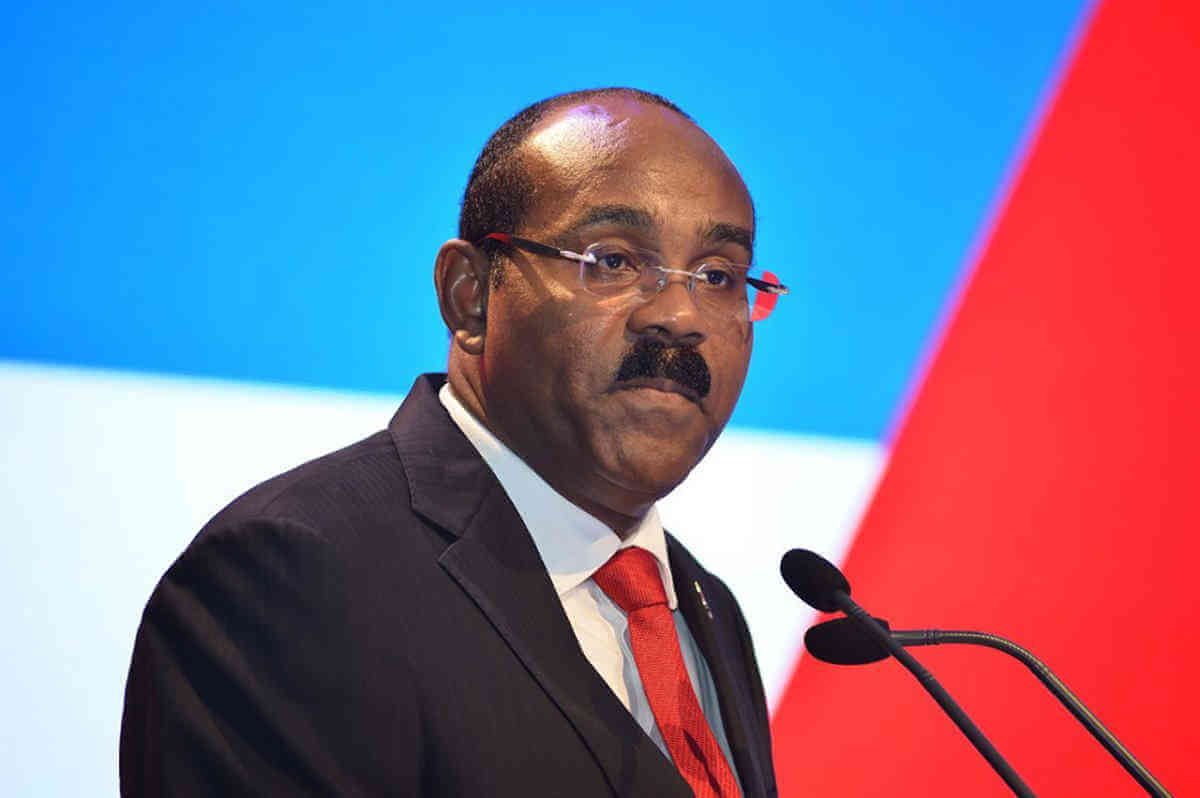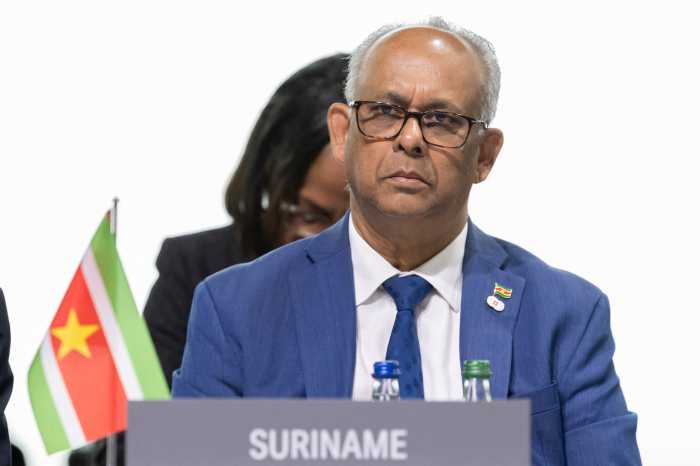The European Union (EU) has warned Malta, one of its own family member states, that it is unhappy with its cash for passport and citizenship scheme that resembles programs several Eastern Caribbean nations have in place, warning that it may soon take the country to court to determine the way forward.
Located 50 miles south of Sicily in Italy, Malta now has two months to respond to a legal note the EU has sent to it. The warning and threats of legal action have come less than a month after participating Caribbean countries made moves to fend off impending EU and US action to either cripple or to severely undermine the lifesaving Caribbean by Investment Program (CIP).
Seen as a warning of things to come, both the EU and the US have made it clear that they are uncomfortable with the alleged unsatisfactory abilities of CARICOM CIP countries to conduct proper and thorough background checks on applications for the so-called golden passport and citizenship scheme.
Some countries like Antigua have also proposed moves to fend off any EU-US action by offering to adjust the program to also allow applications to apply for residency status rather than citizenship. In that way, those who apply will be treated as long term tourists or professionals working remotely away from home but covered by residency credentials.
Antigua has also proposed that the participating Eastern Caribbean countries — St. Kitts, Dominica, St. Lucia, and Grenada work to establish a regional CIP regulatory body that would oversee the programs, allow the EU and US to related to a regionally-endorsed body and give the west the type of assurances it needs to allow the program to continue.
By itself, the EU has threatened to take away visa free travel to its more than 25 member states, both for people who are native to CIP countries as well as to those who might have invested hundreds of American dollars to be eligible to become Caribbean citizens.
The move to amend the CIP program in some capitals, Antigua in particular, comes as two American congressmen have introduced a bill to undermine the CIP because they think it enables human trafficking.
The No Travel for Traffickers Act was introduced two months ago by Congressman Burgess Owens and Steve Cohen in March, sending the region into a flurry of discussion sessions to come up with adequate ways to both respond to the bill and to tactfully amend programs to ensure continuity.
“We may not be able to change hearts and minds in the US congress, but we can diversify our own offering to ensure we are still attractive to investors and investment from other jurisdictions where they are precluded from obtaining citizenship abroad,” Information Minister Melford Nicholas told reporters recently. “So it is broadening the scope of our offering that is the key behind this requirement looking to modify our program going forward to ensure that we can cushion the impact of any fall out that will come from this threat, more from the Schengen countries rather than from the United States.”
The CIP is a lifeline for many regional countries particularly those, which suffered major revenue losses from the now defunct banana export regime to the EU, fluctuations from the tourism sector and tax free trade for hundreds of items manufactured in the Caribbean single trading bloc.
Dominica, for example, recently said it raised $500 million in three years to fund several infrastructural projects including sporting and road facilities and needs the CIP to prosper economically.



























